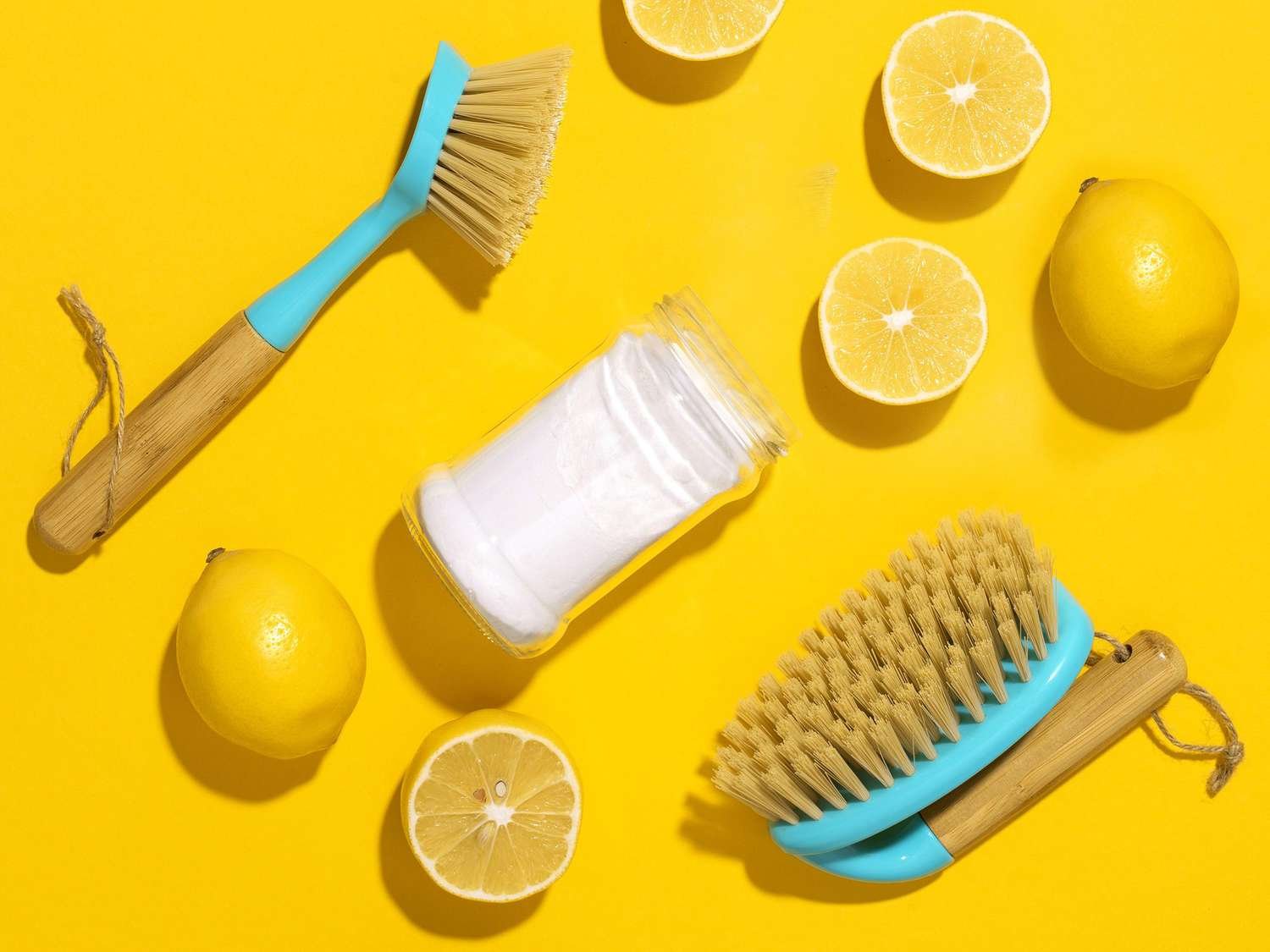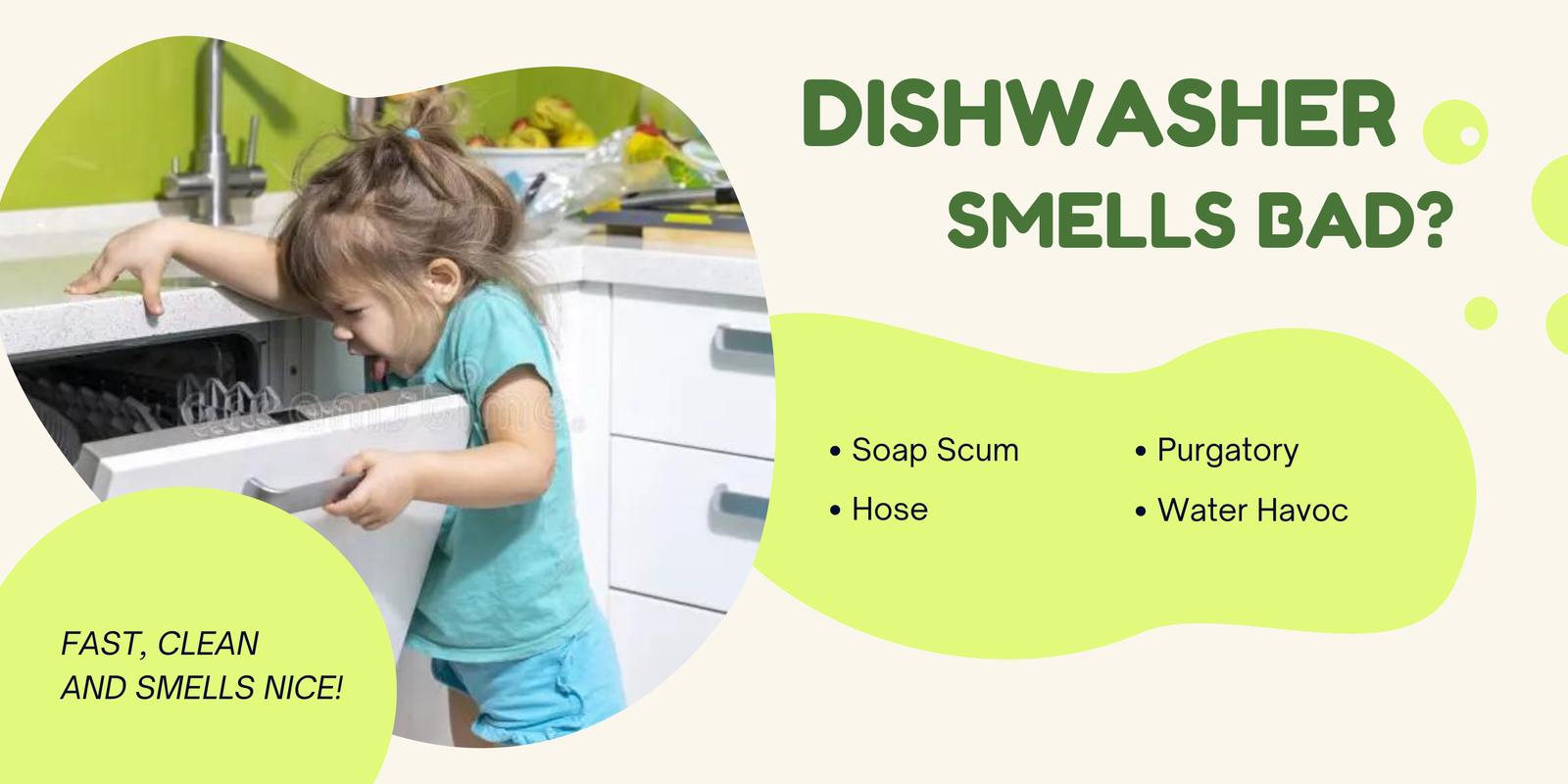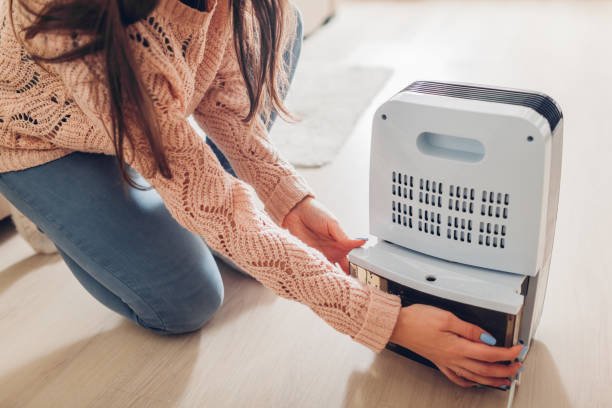
Lemons have long been hailed as the superheroes of the kitchen, conquering odors, stains, and grime with their citrusy zest. However, not everything is sunshine and rainbows when it comes to cleaning with lemons. In this quirky blog post, we’re dishing out the juicy details on eight things you might want to think twice about cleaning with lemons. Buckle up for a zesty ride through the unexpected pitfalls of lemon-powered cleaning!
1. Marble and Natural Stone Surfaces
While lemons are known for their stain-busting powers, they can wreak havoc on marble and other natural stone surfaces. The acidic nature of lemons can etch and damage these materials, leaving you with a not-so-pretty pitted surface. Stick to stone-friendly cleaners to preserve the natural beauty of your countertops and floors.
2. Wooden Furniture and Surfaces
Lemons may be the stars of lemonade, but they aren’t the best co-stars for your wooden furniture. The acidity in lemons can strip away the finish on wooden surfaces, leaving them dull and prone to damage. Opt for wood-friendly cleaners to keep your furniture gleaming without the sour aftermath.
3. Electronics and Gadgets
Before you go on a citrusy spree, keep lemons away from your beloved gadgets. The acidic juice can creep into the nooks and crannies of electronic devices, causing corrosion and potentially short-circuiting your prized possessions. Stick to gentle electronic-safe cleaners for a gadget-friendly shine.
4. Brass and Copper Finishes
Thinking of giving your brass or copper fixtures a lemony lift? Think again. The acid in lemons can tarnish and discolor these metals, turning your shining fixtures into a not-so-glamorous sight. Choose metal-specific cleaners to keep your brass and copper elements looking posh, not pitiful.
5. Dishwasher and Garbage Disposal
Lemons might seem like the perfect solution for banishing funky smells, but don’t toss them into your dishwasher or garbage disposal without a second thought. The citrus oils in lemons can damage the rubber components of these appliances, leading to leaks and malfunctions. Stick to designated cleaners to keep your kitchen helpers in tip-top shape.
6. Granite Countertops
Granite countertops, while sturdy, can fall victim to the acidic punch of lemons. The acid can wear away the sealant on the granite, making it susceptible to stains and damage. For a granite-friendly clean, opt for pH-balanced cleaners to maintain the luster of your luxurious surfaces.
7. Stainless Steel Appliances
Lemons may seem like the natural choice for tackling fingerprints and smudges on stainless steel, but beware of the aftermath. The acid can erode the protective layer on stainless steel, leaving it vulnerable to rust and corrosion. Choose stainless steel cleaners to maintain the sleek and modern look of your appliances.
8. Grout and Tile
While lemons can work wonders on many surfaces, grout and tile aren’t their biggest fans. The acid can break down the grout, causing it to crumble and weaken over time. Stick to grout-friendly cleaners to keep your tiles looking pristine without sacrificing structural integrity.
Conclusion
While lemons might be the zesty sidekick your kitchen needs for some cleaning tasks, they’re not the superheroes we once thought they were. Knowing where to draw the line with lemon-powered cleaning can save you from unexpected pitfalls and preserve the beauty and functionality of your home. So, next time you’re reaching for that lemon to tackle a cleaning task, consider the potential consequences and opt for the right tools to keep things sparkling without the sour surprises! After all, cleaning should be a zest, not a stress!




